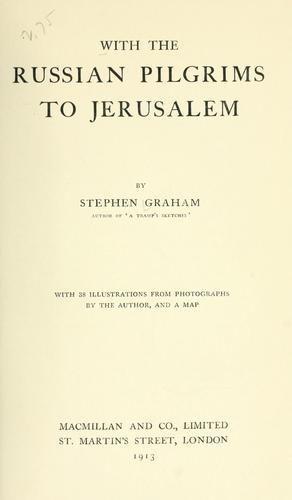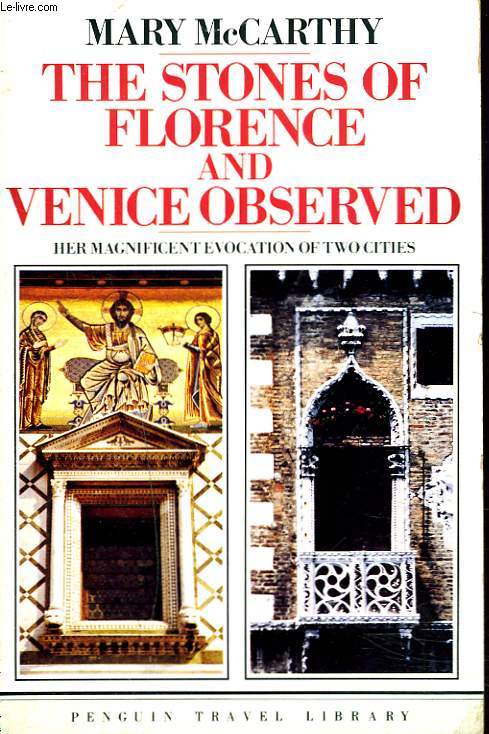All this brings back to mind a poem by (I think!) Lord Dunsany, which I memorised 45 years ago as a 17-year-old planning to set out on his travels as soon as he turned 18 (can't find it, and Dunsany is still under copyright- damn you, Mickey Mouse.)
O you who live in cities, saw you this pretty thing?
The moon was new on Sunday, all in a silver ring
But now 'tis veiled and curious, no more a shining hoop
And the wind is in the desert and the sand is in the soup.
The wind that Allah bridles is free tonight to roam
Like camels in the evening when the caravan is home.
The wind is in the desert and the soup is full of grit
And all the cooks in London-town have not the taste of it.
I know years hence in cities, when Spring has scarce touched Spain
I'll yearn for open spaces, and long to see again
As on some vaster plant, the horizon's mighty loop
When the wind is in the desert and the sand is in the soup.
O you who live in cities, saw you this pretty thing?
The moon was new on Sunday, all in a silver ring
But now 'tis veiled and curious, no more a shining hoop
And the wind is in the desert and the sand is in the soup.
The wind that Allah bridles is free tonight to roam
Like camels in the evening when the caravan is home.
The wind is in the desert and the soup is full of grit
And all the cooks in London-town have not the taste of it.
I know years hence in cities, when Spring has scarce touched Spain
I'll yearn for open spaces, and long to see again
As on some vaster plant, the horizon's mighty loop
When the wind is in the desert and the sand is in the soup.




